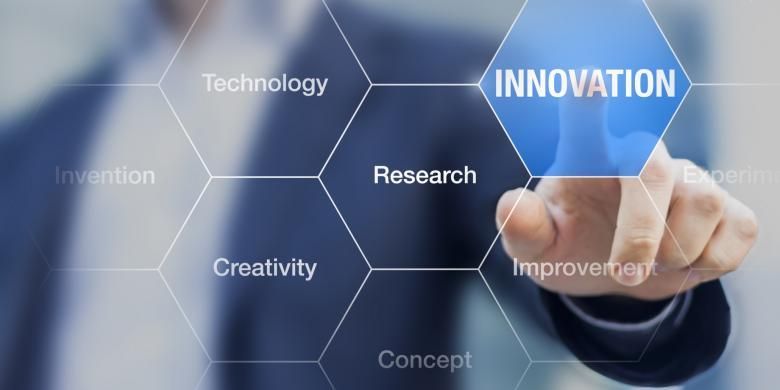The performance and survival of an organization depend on how innovative its product is produced. In other words, if the new product development (NPD) team only relies on what has been believed so far and the routines that have been gone through beforehand, we can be sure the products produced will not be innovative. So, the ability of the NPD team to do unlearning – changing beliefs and routines to adjust to changes in the environment – will determine how successful the organization is in producing innovative products. The question is, what causes the NPD team to do unlearning?
Unlike the others, in this research, we looked at the individual components contained in the NPD team. Faced a dynamic change of environment, of course, the NPD team members experience a crisis and confusion. With members consisting of individuals who always see the positive side of the challenges, it is predicted that the NPD team will be able to do unlearning.
Psychological Capital and HERO Team
Since the early 1990s, there have been new movements in the field of psychology that put forward the positive side of humans. One of the pioneers and figures is Prof. Fred Luthans, who proposed the concept of psychological capital (PsyCap). PsyCap discusses “who you are,” and it is different from human capital (what you know), social capital (who you know), and financial capital (what you have). PsyCap itself is defined as a positive psychological condition of a person’s development and characterized as HERO (hope, self-efficacy, resiliency, and optimism).
We argue that individuals who have hope will have high motivation and know how to achieve the goals set. In the context of the development of new products, if the NPD team consists of individuals with high hopes, you can bet they will be able to do the unlearning as a way to develop innovative products.
We also argue that individuals with high self-ability will try to execute the tasks carried out as well as possible because they believe in their abilities. To develop a new product, the NPD team with members whose self-efficacy is high will mobilize motivation, knowledge, and actions needed to complete the task they carry out. Of course, in this case, developing innovative products.
Furthermore, individuals who have high resiliency will carry out processes to adapt through improvisation in the face of challenges and uncertainties faced. The NPD team, which is made up of highly resilient individuals, will reflect on the alternatives and initiatives that need to be done in developing innovative products.
Finally, individuals who have high optimism not only have a high inner drive but also how to respond to external conditions so that the goals to be achieved will realistically be achieved. To develop new innovative products, NPD team with high optimism will not hesitate to do unlearning so that the products produced are innovative.
Method and Results
This research was conducted at 77 NPD teams in 3 science parks in Taiwan. To avoid the common-method variance (CMV), this research invited respondents to answer the distributed questionnaire: the chairman and members of the NPD team. From one NPD team, 2-4 members answered the questionnaire. Sixty percent of the NPD teams are from high-tech industries, while the rest are from low-tech industries. Seventy percent of the companies are 16 years old with sales of more than USD 250 million. Regarding the number of employees, 70% of the surveyed companies had fewer than 2,000 employees. For the chairman of the NPD team, 80% of them work more than ten years and are involved in the development of more than five new products.
The results of the analysis show that the NPD team, with members possessing HERO, can do unlearning. Furthermore, a team with HERO characteristics brings a positive impact on the innovative products it produces. The results of the analysis also showed that unlearning mediates partially the influence of HERO team on innovative products.
The results of this research have implications that recruiting and developing NPD teams characterized by HERO is a necessity. This research also shows that unlearning also requires a little pressure (in the form of strains) to be optimal. Furthermore, the NPD team climate that respects diversity (both background, ideas, and others) will strengthen PsyCap’s positive influence and weaken the negative influence of strains on unlearning.
Author: Prof. Badri Munir Sukoco, Ph.D.
Details of this research can be viewed here:
https://www.worldscientific.com/doi/abs/10.1142/S1363919617500323
Badri Munir Sukoco and Les-Tien-Shang Lee (2017). The Effects of Psychological Capital and Team Strain on the Effectiveness of NPD Teams: The Moderating Role of Perceived Diversity Climate. International Journal of Innovation Management, 21(6): 1750032-1 – 1750032-30; https://doi.org/10.1142/S1363919617500323









